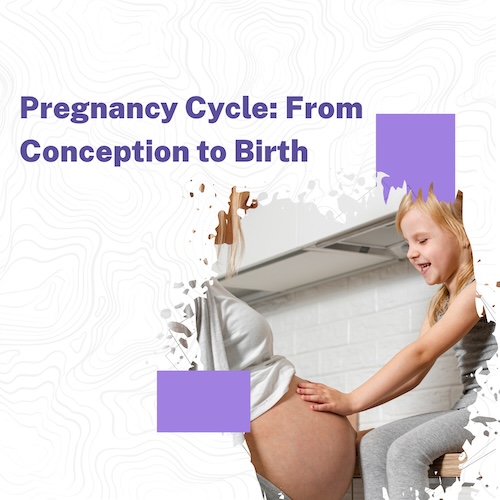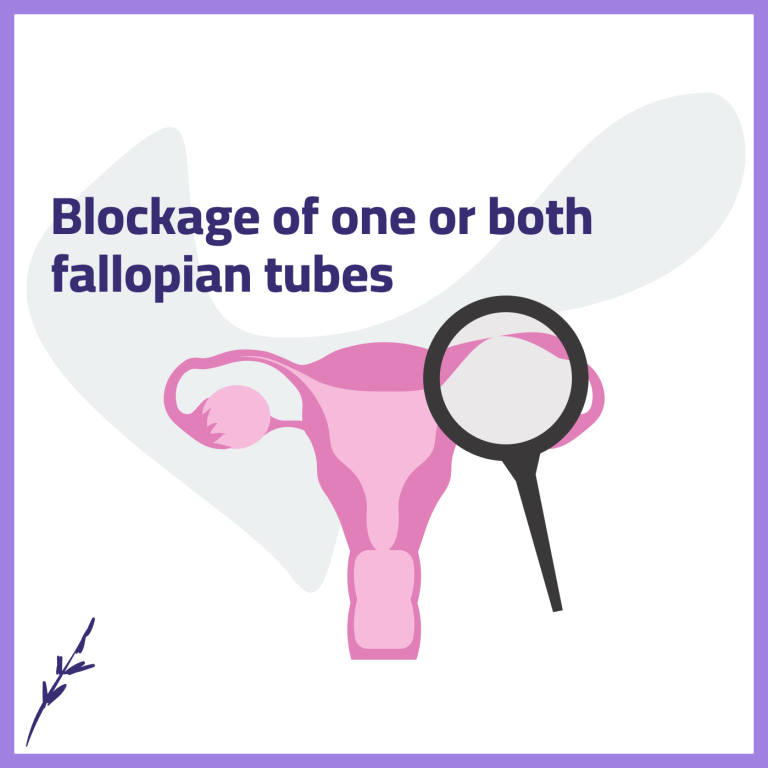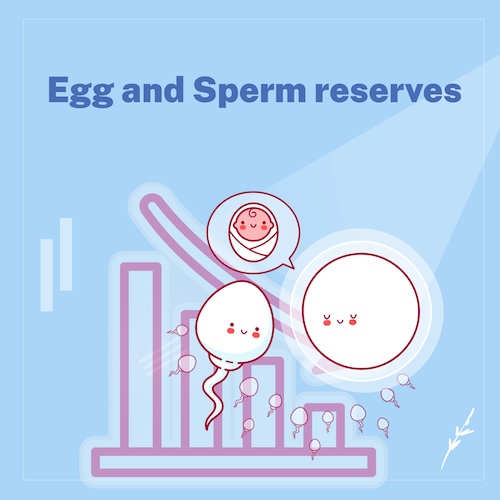Do Men Have a Period? Male Libido and Fertility Explained
A popular question often arises: “Do men also have a period?” This idea comes from observing mood swings, fatigue, or reduced sex drive in men. At first glance, these changes may look similar to women’s monthly cycle, but the biological reality is very different.
Mood and Energy Fluctuations in Men
Many men experience irritability, tiredness, or lower libido at certain times. These changes are real, but they are not equivalent to menstruation. Instead, they result from hormonal fluctuations, especially testosterone, and from psychological or lifestyle factors.
The Role of Testosterone
Testosterone is the main male hormone and plays an essential role in sperm production, libido, mood, and overall health. Its level is not constant:
- Highest in the morning
- Declines by evening
- With age, these daily swings become less pronounced
These natural rhythms can affect mood and libido and may be misinterpreted as a “male period.” But this is not menstruation.
Testosterone: Persistently low testosterone can be linked to reduced libido. According to the Endocrine Society Clinical Practice Guideline, testosterone measurement should be done in the morning while fasting and confirmed with at least two separate tests. Testosterone therapy should only be considered when both clinical symptoms and consistently low laboratory values are present.
How Is Male Libido Regulated?
Male sex drive results from the interaction of several factors:
- Hormones: especially testosterone
- Psychological health: stress, anxiety, depression
- Relationship quality
- Lifestyle: sleep, exercise, nutrition
- Medications: e.g., SSRIs, finasteride, antihypertensives
Male Fertility and the Fertile Cycle
Unlike women, men do not have a short “fertile window.” Male fertility is continuous:
- A full sperm production cycle takes about 74 days
- Each cycle produces billions of sperm
- Each ejaculation releases 150–300 million sperm
This means lifestyle decisions today (such as quitting smoking, exercising, or improving diet) show their effects on sperm quality 2–3 months later.
What Reduces Male Libido and Fertility?
- 🚭 Smoking and heavy alcohol consumption
- 🍔 Obesity and physical inactivity
- 🔥 Prolonged heat exposure (sauna, hot tubs, laptop on lap)
- 🦠 Untreated reproductive infections
- 💊 Unsupervised use of testosterone or anabolic steroids
What Improves Them?
- ✅ Regular exercise and maintaining a healthy weight
- ✅ Balanced diet (e.g., Mediterranean diet)
- ✅ Adequate sleep (7–9 hours)
- ✅ Stress management and good mental health
- ✅ Medical checkups when symptoms or fertility concerns exist
So, Do Men Really Have a Period?
The answer is No. A period means monthly bleeding in women, which does not occur in men. What men experience are hormonal fluctuations (testosterone) and mood changes—not menstruation.
Conclusion
Men do not menstruate, but daily hormonal rhythms and lifestyle factors strongly influence their mood, libido, and fertility. By adopting healthy habits, men can significantly improve their reproductive health.







